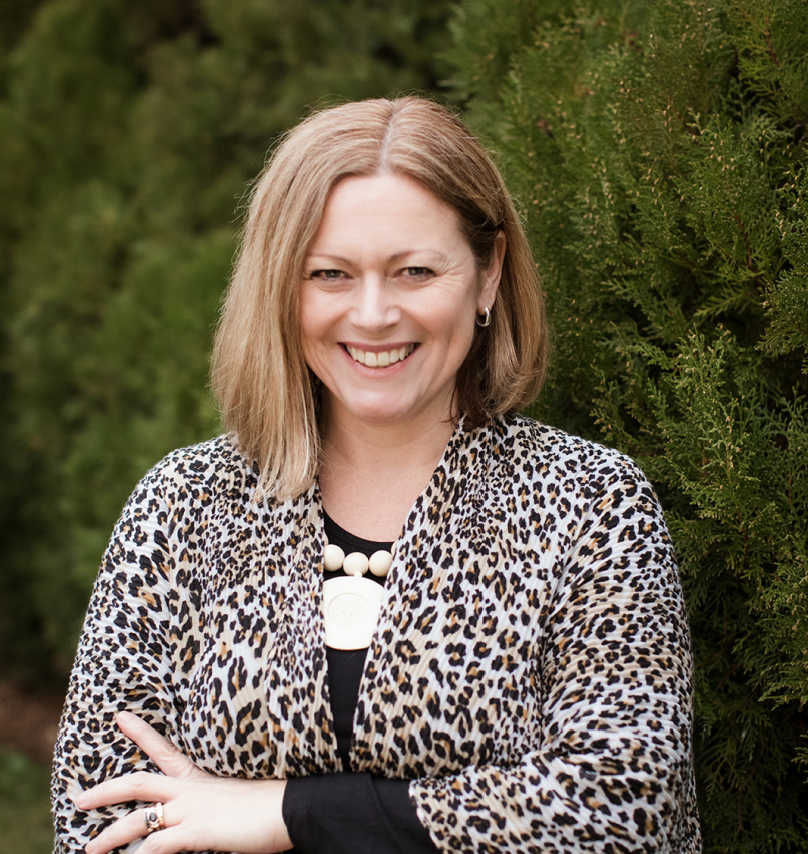Today, October 10th, is World Mental Health Day. According to the World Health Organisation this day is for global mental health education, awareness and advocacy against social stigma.
In recognition of the spirit of this day and particularly in the remaining stigma, I want to share with you something that I don’t think we talk about enough, the anticipatory grief and emotional turmoil of caring for ageing parents.
On the back of that I’m going to share with you a superpower phrase I came across in my own struggles that has helped me enormously as I navigate this space and I know will help you professionally and personally.
Anticipatory Grief & Emotional Turmoil of Supporting Ageing Parents
I support my ageing parents who live with us on our property. Their care needs are increasing and their health declining. In the past 12 months there have been more serious emergency events and ED visits than I care to recount and this impacts my own wellbeing and gives voice to those pesky stories in my head about what I “should be doing” as their daughter.
For example, putting aside my own needs and wants to dedicate more time to their care so they can remain at home?
Am I selfish if I don’t? Am I a bad person if I do?
It’s messy stuff and it is an issue we do not talk about nearly enough or recognise the impact of particularly in the workplace.
It’s very complex and emotional and encompasses what’s known as anticipatory grief.
The more I’ve spoken about this with people in my orbit the more I realise how many people are impacted, and we’ve shared a collective struggle and felt comfort in knowing we are not the only ones enduring this. 95% of those people are women. CEO’s, business owners, leaders.
There’s significant gender inequality in this space and outdated societal expectations that continue to reinforce the daughter’s role, or the daughter-in-law in many cases too. For those with Gender Equality Action Plans are you capturing this element? Interesting perspective.
In any case, all of this has reinforced my belief that we need to be talking about this more at work so people don’t feel so alone in it and we can talk about flexibility and be compassionate and understanding (balanced) to help people through.
A Superpower Phrase
As I’ve worked through my own struggles and sought support to find my way through all that this invokes for me, a very wise counsellor said to me:
“Tanya, more than one thing can be true. You can still be a loving daughter AND want to do things for yourself. It’s not one or the other.”
Now written like that it’s perfectly logical isn’t it? “More than one thing can be true.”
But in case you haven’t already noticed there’s nothing logical about our emotions. And where love, grief and pain are concerned – it’s all the feels. It’s all the emotions. Not much critical thinking goes on.
This simple phrase has been so incredibly powerful for me personally, life changing actually, and I’ve been sharing this forward as I help leaders and workplaces navigate this complex world.
If I use an example related to workload management for example, in my Safe and Effective Leaders programs, leaders often tell me they struggle to know if workload really is an issue; or if the person concerned is not as productive as they could be.
But what if it is both?
Here’s some more examples of how this plays out personally and professionally:
- You can be a hard worker and set healthy boundaries for yourself (by saying no).
- Your team member may need to improve their time management skills and they may have too much work to do in the time allocated.
- Your team member may not be self-regulating well and they may have good reason for being emotive.
- Your staff member may be a little over sensitive and your delivery may be too brusque.
- Your colleague may be a great human and very lazy and not carrying their weight.
Why Do We Tend to Put Things in Just One Box?
As human beings we love to (and need to) categorise things. This helps us to process quickly, make quick decisions. It served us in the past to keep us safe. Dinosaur = eat me = run.
So naturally we go looking for simple explanations. It’s this, or it is that.
But in our complex worlds this is limiting.
Life is not that simple, nor are we as human beings.
So next time you’re tempted to put something into one box, take a moment and think about what else might be true.
And if you’re navigating the tricky space of caring for ageing parents – I see you. I hear you. And your feelings, worries and emotions are valid.
Tan x

Tanya Heaney-Voogt
Director & Principal Consultant
MBA, ICFACC, MAHRI, Dip Mgt, Dip Coaching, Prosci® Certified Change Practitioner
E: tanya@tanyaheaneyvoogt.com


Recent Comments